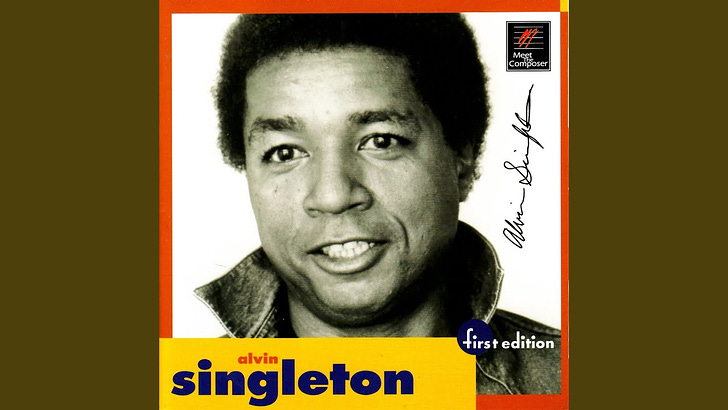Alvin Singleton’s music is direct and charismatic. A few years ago I did a proper immersion and interviewed Singleton for DTM.
Singleton understands jazz; he grew up in Brooklyn and snuck out to go hear Thelonious Monk, Charles Mingus, and Ornette Coleman at the Five Spot.
It was fairly unusual for a black musician of that era to go into formal notated composition instead of jazz, but Singleton studied with several important teachers (including my personal heroes Hall Overton and Mel Powell) and soon began carving out a significant career. A good introduction to the Singleton sound world is Shadows, a 20-minute whisper to a cry from 1987, which has surely been played much more than most American orchestral pieces written in the ‘80s. Kyle Gann is a fan and wrote about Shadows; the recording with the Atlanta Symphony conducted by Robert Shaw is excellent.
Just last year the Momenta Quartet released a fantastic album of the four Alvin Singleton String Quartets.
The early first quartet (1969) is lyrical and finely made, although perhaps a shade less distinctive than the music to come. (It’s still a great listen.)
Secret Desire to Be Black from 1987 is peak Singleton, a fabulous 12-minute build from simplicity to madness.
These looping repeating phrases are not standard NYC fare. In our interview, Singleton says, “…Minimalism happened after me. My harmonies don’t have anything to do with Philip Glass or Steve Reich. People try to tell me that Shadows is minimalist, and I counter, ‘Is the rhythm section in a latin music ensemble minimalist?’”
Most mature Singleton isn’t atonal, but there’s no doubt that his language is very complex harmonically. He feels every note, and they are very creative notes.
The third quartet, Somehow We Can, was written in 1995. The quartet starts with a fierce drone before arching melodies interrupt and expand. Singleton admires Morton Feldman, and certain pauses and a clarity of space might recall Feldman, but the chords in Singleton’s chorales always make me think of Thelonious Monk. A “pizzicato into arco” effect is decidedly unusual, there’s a surprising few phrases of pure hymn, and, at the end, the viola stands alone on a determined single note as the others drop out. “Somehow we can!”
(Singleton’s titles are a whole ‘nother thing. He told me, “All of my titles identify my pieces, but don’t explain them.”)
Hallelujah Anyhow, written 2018-19, is dedicated to Momenta Quartet on the occasion of its 15th anniversary. The piece dives right in, a lot of unison phrases, diverse activity, something a shade blocky in presentation — but, as always, Singleton is playing the long game. The quartet crests, going to the fiercest extremes, before winding down to one of Singleton’s patented long, slow codas. Just wonderful.
Singleton’s 80th was in 2020, and, while there were a few online celebrations, the pandemic closed down any chance of Singleton getting a proper birthday. His music is played, but never played enough. On Monday, the Momenta Quartet plays Singleton’s Secret Desire to Be Black and Hallelujah Anyhow with Meredith Monk’s lovely String Songs as a palate cleanser in the middle. Be there or be square!




Thanks for turning me on to Alvin Singleton! I’m listening to the string quartets. Like you mentioned in the interview I don’t often listen to 20 minute percussion pieces, but I really enjoyed “Extension of a Dream”. Unfortunately I haven’t found the recording of BluesKonzert that you mention.